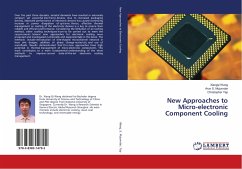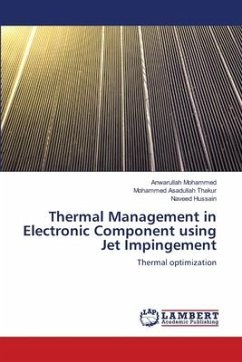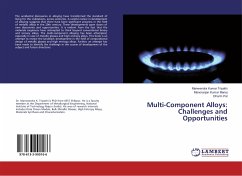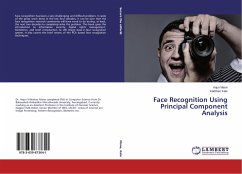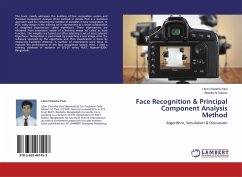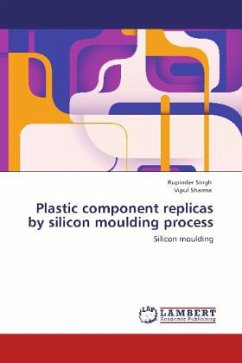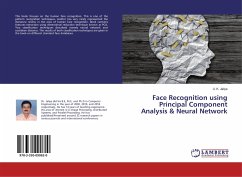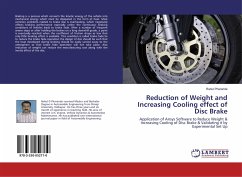Over the past three decades, societal demands have resulted in extremely compact yet powerful electronic devices. Due to increased packaging density, improved performance of electronic devices has caused continuing increase in power dissipation of systems. Hence, effective thermal management or cooling of the electronic devices is a key to ensure their reliable and efficient performance. Considering the limitation of air-cooling method, other cooling techniques have to be carried out to meet the requirement. Several new approaches for electronic cooling were proposed and investigated numerically and experimentally in this book. The methods include introduction of tree-shaped microchannel network in heat sink designs, addition of phase change materials, and use of nanofluids. Results demonstrated that the new approaches have high potential in thermal management of micro-electronic components. This work contributes to a more fundamental understanding of the three methods to improvecurrent state-of-the-art electronic cooling management.

